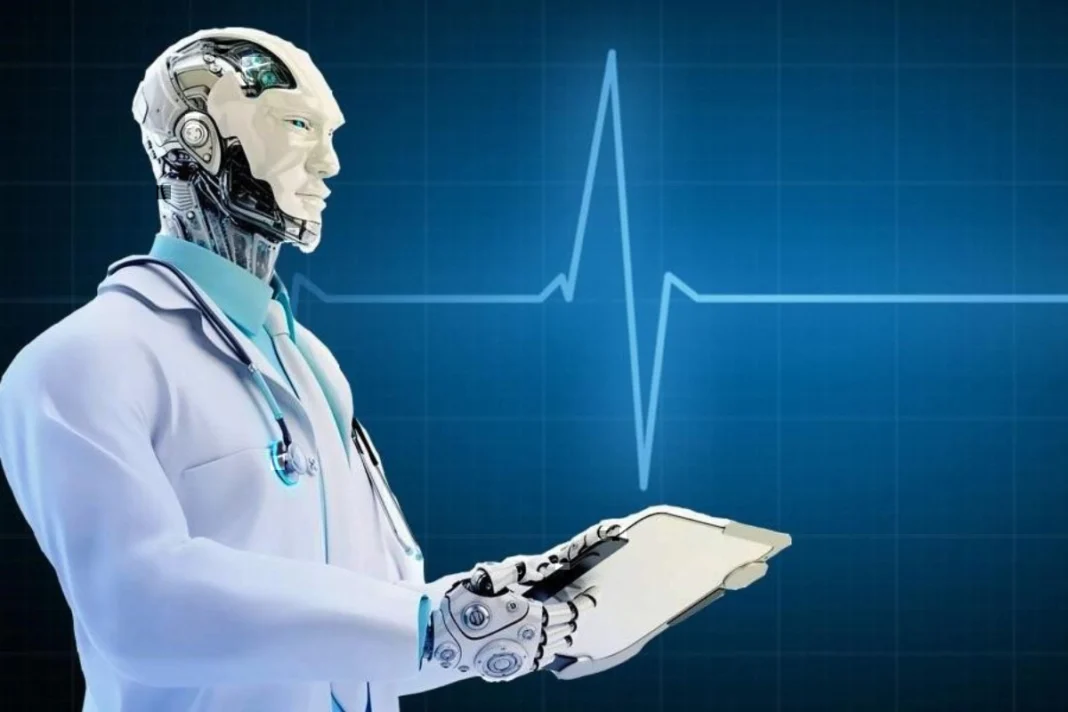Artificial Intelligence: Amazing changes in healthcare are being brought about by artificial intelligence (AI). AI is analogous to a sophisticated computer brain that is nearly as intelligent as humans. It aids in the research of illnesses and the development of novel medications. In this article, we will discuss if AI can help doctors or not, and if it can then it what ways can it help doctors.
Can Artificial Intelligence Help Doctors?
In numerous ways, artificial intelligence (AI) can benefit doctors. These ways are:
Research
Medical professionals may create precise solutions for complicated illnesses by using AI to analyse massive databases. In addition, AI can aid in the discovery of patterns that are invisible to humans and in the development of novel therapeutics.
Diagnosis
Using databases, AI can assist medical professionals in diagnosing patients. F
Communication
Artificial intelligence (AI) chatbots can compose replies to non-emergency messages, reply to patient messages, and track patient health.
Time-saving
By transcribing notes, entering and organising patient data, and diagnosing patients, AI systems can help doctors free up their time.
Limitations of AI
- A lot of sensitive data, including payment card details, medical records, and personal information, is used by AI systems. Security lapses may result from misuse or theft of this data by unauthorised parties.
- The compassion and emotional support that nurses give to their patients is something that AI systems just cannot match.
- The representativeness and calibre of the training data are critical factors for AI algorithms. Results from the model will be biased if the data is biased.
- When a patient is administered the incorrect medication, for example, AI systems may make mistakes that result in harm to the patient or other health issues.


